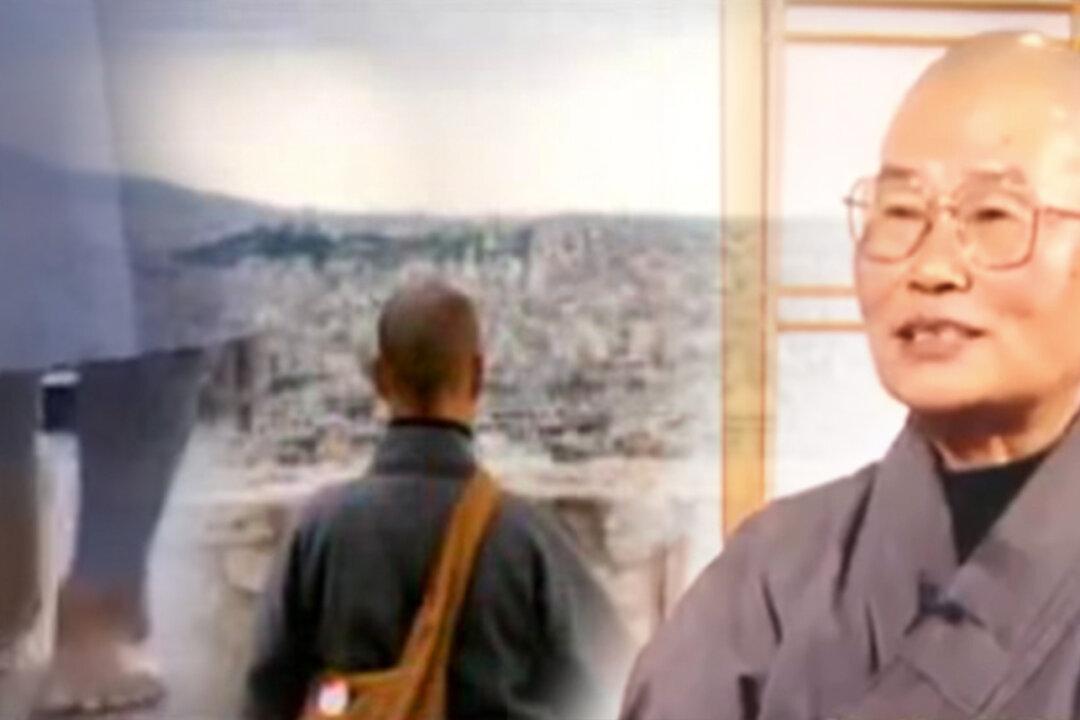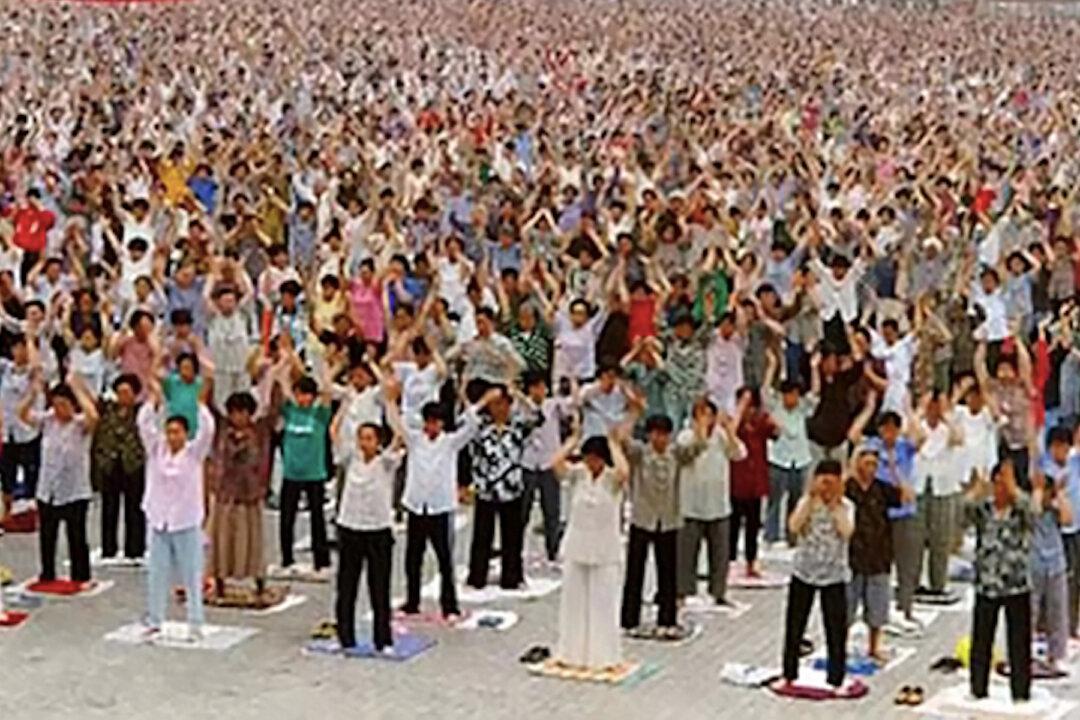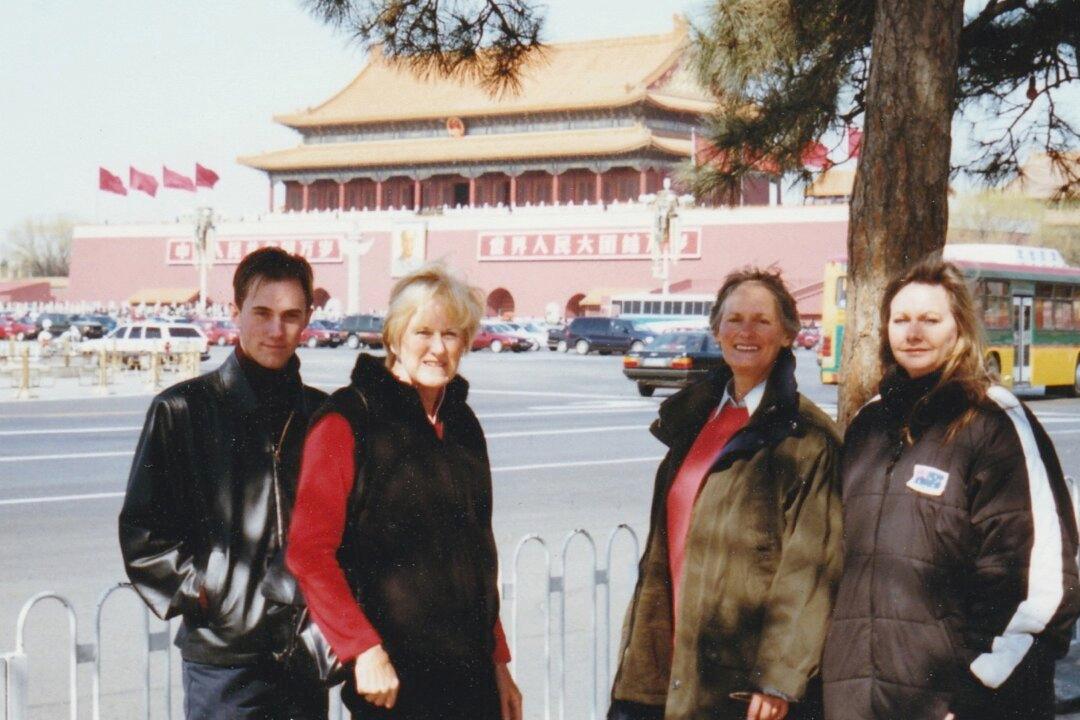This is a story of hope, one that provides insight into the life of a businesswoman who later became a nun in her arduous quest for the true meaning of life.
Meet Shi Zhengtong. Born into a farmer’s family in a rural area of southern Taiwan, Shi (pronounced “Shrr”) grew up on the bare necessities of life.





